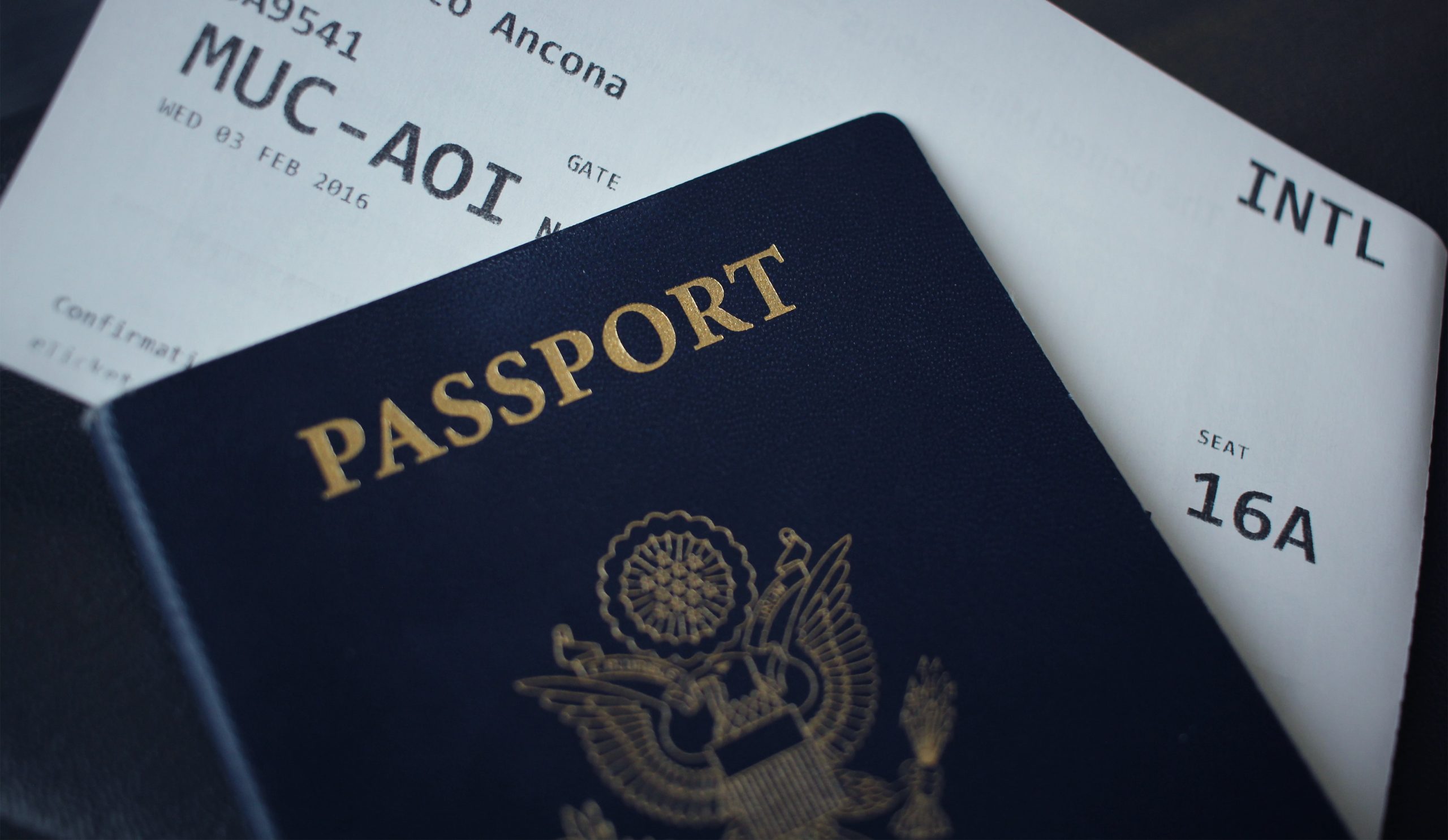In the future, Dutch citizens might be given an additional proof of identity, apart from passport and identity card. Delft researchers are working on an app.
The digital identity will be a so-called ‘self sovereign identity’ which citizens can manage themselves. (Photo: Nicole Geri / Unsplash)
TU Delft researchers have been commissioned by the Ministry of the Interior to design a digital identity via an app on the telephone that uses blockchain technology. Or so Dutch newspaper the ‘FD’ reported this week.
In the plans, the new app will have many more possibilities than just proving identity. Citizens will be able to prove that they are entitled to benefits, for example at the social services counter. It should also be an alternative to chip cards.
The plans are not new. Last year a pilot was scheduled in Utrecht and Eindhoven. But it was cancelled as the technology was not ready in time.
As of September, municipalities and companies will be able to experiment with the system at the Digicampus, a facility set up by TU Delft, which opened this week. A Ministry of the Interior spokesperson told the ‘FD’ that it will still take ‘a few years’ before the digital identity will be fully functional. For the time being, it will not replace the DigiD, the code with which people in the Netherlands identify themselves online.
Self sovereign identity
The digital identity will be a so-called ‘self sovereign identity’ which citizens can manage themselves. For example, they can give the municipality permission to ‘upload’ a statement about their right to assistance. If they want to use it as a public transport chip card and a hospital card, they can protect their personal data on the app so that the different entities are only able to access relevant data.
This type of self-sovereign identity service could ultimately make it possible for citizens to have access to their personal data in the physical and digital worlds. Currently, many online platforms still use Facebook or Twitter for logging on. However, with a digital stamp, that could become a thing of the past.
Last year, Johan Pouwelse, TU Delft Project Manager for this digital ID project, said in a TU press release: “The digital identity becomes the property of the citizen. People will be free to store and use their digital identity themselves. Although this is just a future prospect, it is ultimately the direction we intend to go.”
TU Delft has worked on distributed ledger technology, otherwise known as blockchain, for more than 10 years. For the last couple of years, the work has been part of the Delft Blockchain Lab, under the scientific coordination of Johan Pouwelse.
Trustchain technology
Last year’s press release also stated that a special blockchain variant, known as Trustchain (IETF Internet Standard draft or Trustchain) was being used for the project. ‘The Trustchain technology was developed by TU Delft. It enables large networks of information to be stored quickly and securely. It was specially developed to record identity and create trust, as it easily detects fraud within the network,’ the press release explains. ‘It therefore offers at least the same control, privacy and security as existing passports, but on a phone.’
Delta contacted Pouwelse to enquire whether the digital identity app that will be tested from September onwards also uses Trustchain technology, but he did not want to comment. “At the request of the Ministry of the Interior, our employer, we decline to comment on this project for the time being,” he emailed.
Meanwhile, on BNR news radio, ethical hacker and security consultant, Sijmen Ruwhof, expressed his concerns about the safety of the app. “Many Android phones stop receiving security updates after several years. What if your identity gets hacked?” he said, adding that “it would especially be risky to put your identity on a Huawei phone.”



Comments are closed.